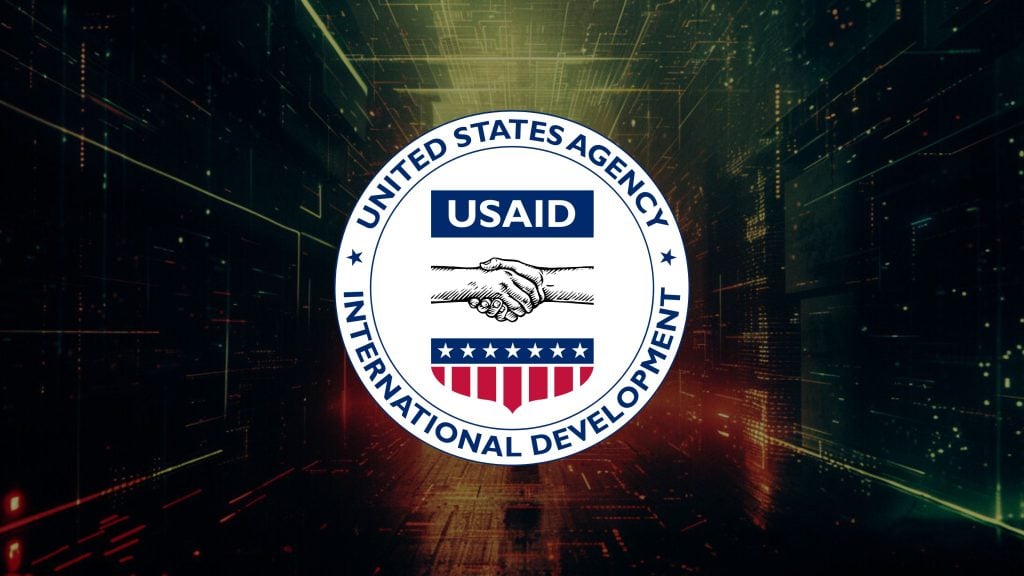Human rights activists have taken a stance against the United Nations’ proposed cybercrime treaty, which they fear might metamorphose into a global digital surveillance alliance, jeopardizing data privacy and human rights. The treaty, currently under debate among delegates in New York City, has been mired in controversy due to concerns about increased ubiquity of cross-border surveillance and imposition of restrictions on free online speech.
The treaty, originally proposed by Russia and supported by nations such as North Korea, Iran, and China, is suspected to lay the groundwork for legalizing cross-border surveillance and turning online free speech into a criminal act. The draft was subjected to six rounds of negotiations which commenced on Monday at the UN headquarters.
Reclaim The Net supporters will already have been ahead of the curve on this.
The proposal is set to provide broad powers to governments enabling the pursuit of activists, journalists, and marginalized communities – the routinely targeted groups in autocratic regimes’ efforts to curtail free speech and privacy, said Katitza Rodriguez, Global Privacy Policy Director at the Electronic Frontier Foundation.
Rodriguez pointed out that the treaty as it stands, lacks sufficient safeguards, allowing governments to invoke invasive surveillance mechanisms such as interception of content and real-time metadata tracking even for foreign criminal investigations.
The Electronic Frontier Foundation has advocated for inclusion of clauses in the treaty that emphasize judicial approval prior to surveillance and standardized protective measures for data such as limitations on data collection. It has also emphasized on the ‘dual criminality’ principle, a provision which safeguards human rights by ensuring an act is considered a crime in both jurisdictions before proceeding with an investigation.
The treaty’s provisions against spreading child sexual abuse material, though seemingly well-intentioned, have also drawn criticism. It has been suggested that this concept could allow governments to use the concern for child safety as an excuse to broaden surveillance and restrict encrypted communications, something that is on the rise amongst governments.






















